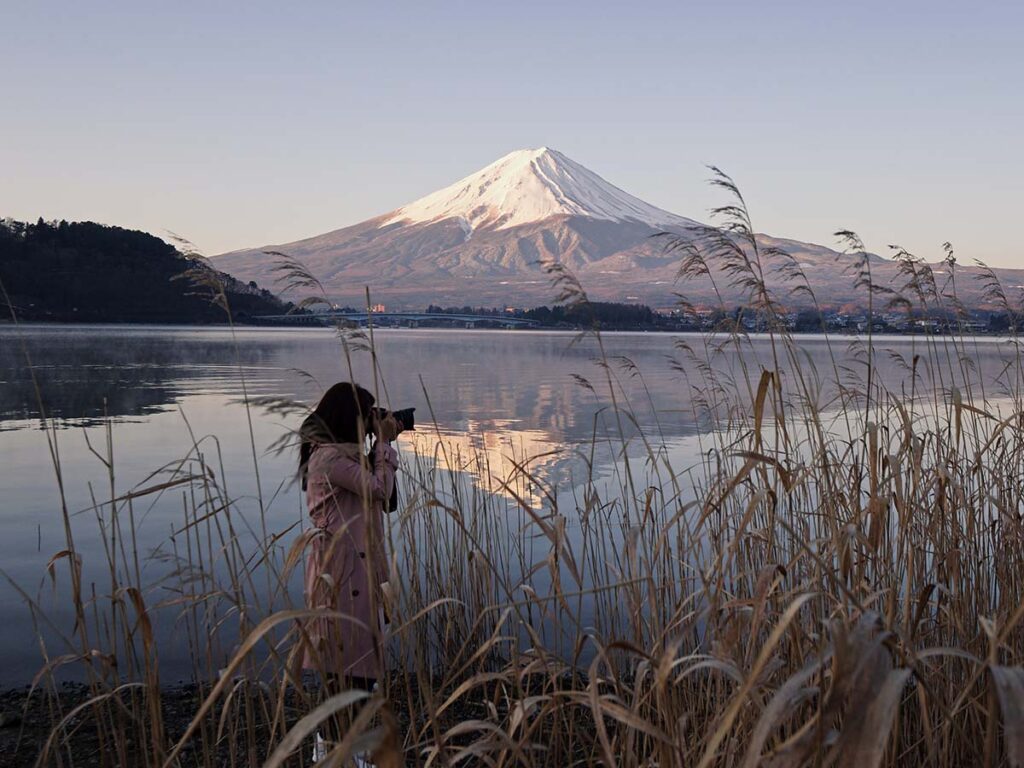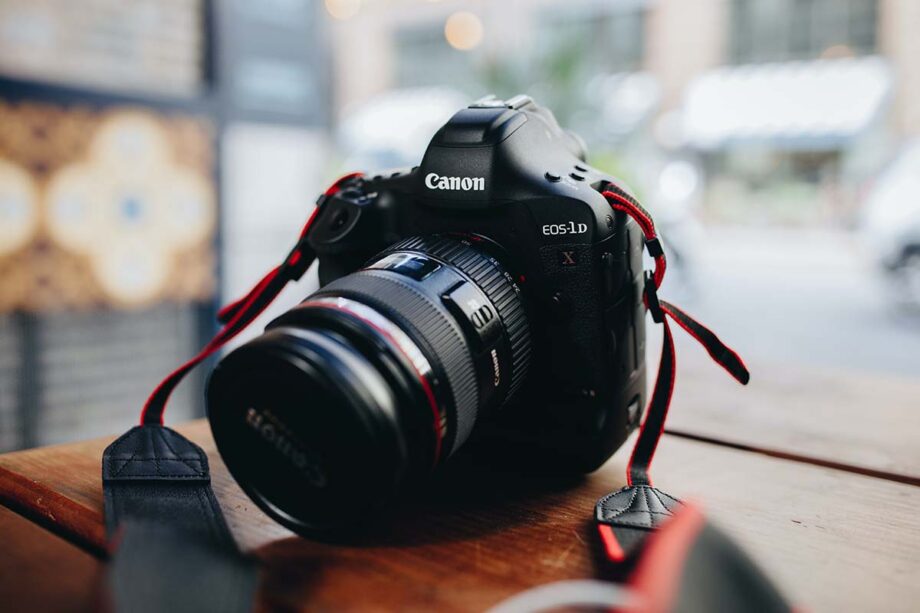AI Influence on Photography: Revolutionizing the Art of Capturing Moments
Introduction
Photography, an art form cherished by millions, has undergone a remarkable transformation with the advent of artificial intelligence (AI). AI has revolutionized photography from the initial stages of image capture to the final stages of editing and enhancement. The AI influence on photography has resulted in groundbreaking advancements, allowing photographers and enthusiasts to push the boundaries of creativity. This article delves into how AI has influenced photography, exploring the tools, techniques, and possibilities that have emerged from this synergy.
AI Influence on Photography: Enhancing Image Capture
Capturing the perfect shot is every photographer’s goal, and AI has played a pivotal role in making this pursuit more achievable. Integrating AI algorithms into camera systems has improved autofocus, exposure, and image stabilization capabilities. Cameras equipped with AI can now identify and track subjects, adjust settings dynamically, and ensure optimal focus, enabling photographers to capture stunning images easily.
AI-Powered Editing Tools: Simplifying Post-Processing
Post-processing is an essential part of photography, and AI-powered editing tools have simplified and accelerated this process significantly. Gone are the days of spending hours manually adjusting contrast, saturation, and other parameters. AI algorithms can analyze images, recognize objects, and automatically enhance them to achieve the desired aesthetic. Photographers can transform their raw captures into stunning, ready-to-share masterpieces with a single click.
Leveraging AI for Advanced Image Recognition
Image recognition is an area where AI has made tremendous strides, revolutionizing photography in the process. AI algorithms can analyze vast databases of images, enabling photographers to find similar photos or search for specific subjects with remarkable accuracy. This capability not only aids in organizing and managing large photo libraries but also helps photographers discover new perspectives and creative inspiration.
The Rise of AI-Powered Cameras
In recent years, AI-powered cameras have emerged as a game-changer in photography. These cameras leverage advanced AI algorithms to optimize image quality in real time, using machine learning to adapt to various shooting conditions. From low-light environments to fast-paced action shots, AI-powered cameras can adjust settings on the fly, ensuring every photo captures the moment perfectly.
AI-Driven Composition Assistance
Composition is vital in creating impactful photographs, and AI has become a valuable assistant. AI-powered cameras and editing software can now analyze images and provide real-time suggestions on composition, guiding photographers to frame their shots more effectively. With AI as their creative companion, photographers can experiment with different compositions and push the boundaries of visual storytelling.
The Ethical Implications of AI in Photography
While AI has opened up new realms of creative possibilities in photography, it raises ethical concerns. The AI influence on photography has prompted discussions surrounding issues such as privacy, manipulation, and the authenticity of images. With AI algorithms capable of altering reality seamlessly, it becomes crucial for photographers and viewers alike to navigate the ethical considerations that arise in this technologically enhanced landscape.

FAQs
- How has AI influenced smartphone photography?
With AI integration in smartphones, photography has become more accessible and user-friendly. AI algorithms analyze scenes, optimize settings, and enhance images in real-time, allowing users to capture stunning photos effortlessly.
- Can AI completely replace human photographers?
While AI has made significant advancements, the artistry and creativity that human photographers bring to their work are irreplaceable. AI is a powerful tool, augmenting human capabilities rather than replacing them.
- Is AI capable of creating original photographs?
AI algorithms can generate images based on existing datasets, but true originality and creativity remain within the realm of human photographers. AI can assist in the creative process but cannot replicate the unique perspective and emotions that human photographers bring to their work.
- What are the key benefits of AI in post-processing?
AI-powered editing tools offer time-saving benefits, enabling photographers to streamline their workflow and achieve consistent results. These tools also provide automatic enhancements and intelligent suggestions, allowing photographers to explore new creative possibilities.
- How can photographers leverage AI for inspiration?
AI-powered image recognition and search algorithms can help photographers discover new perspectives and find inspiration. AI can uncover unique patterns, styles, and subjects by analyzing vast image databases, sparking creativity and expanding artistic horizons.
- What are the prospects of AI in photography?
The future of AI in photography holds tremendous potential. Advancements in machine learning, computer vision, and image recognition will continue to push the boundaries of what is possible, empowering photographers with new tools and techniques to express their vision.
Conclusion:
The AI influence on photography has transformed how we capture, edit, and appreciate images. From enhancing image capture to simplifying post-processing, AI has become an indispensable ally for photographers, enabling them to unlock their creative potential. While AI-driven cameras and editing tools offer exciting possibilities, it is essential to navigate the ethical implications that arise. As technology continues to evolve, the fusion of AI and photography promises an exciting future filled with innovation and boundless artistic expression.
Author Profile

Latest entries
- December 30, 2023Photo PrintsDigital Art Laminated in Glass or Acrylic: Why Galleries and Artists Prefer the Shimmering Shield
- December 30, 2023Photo PrintsDPReview’s Year in Review
- October 5, 2023Photo PrintsAI Photo and Decoration: The Future of Displaying Memories
- October 5, 2023Photo PrintsHome Decoration: Elevating Interiors with Glass Photo Prints

